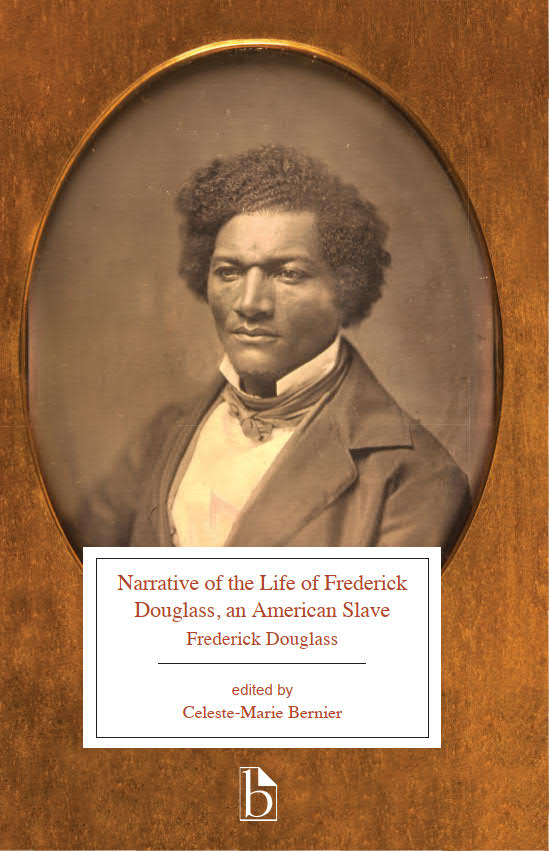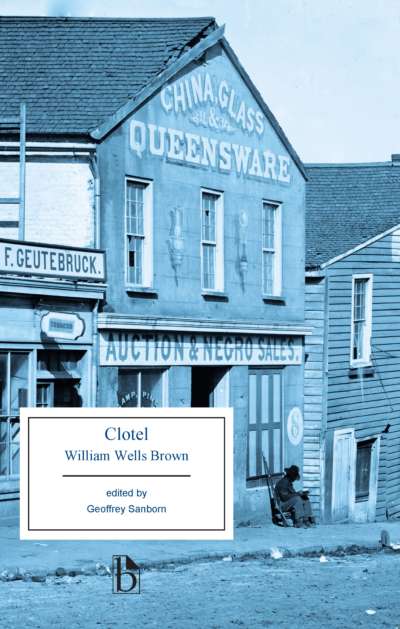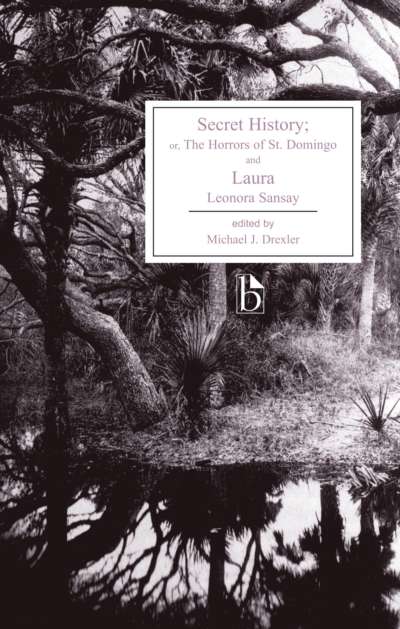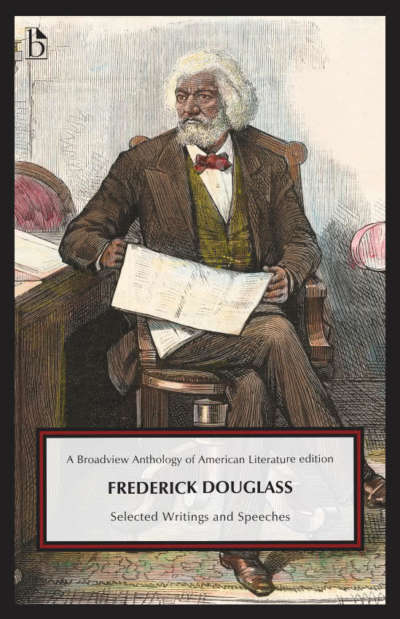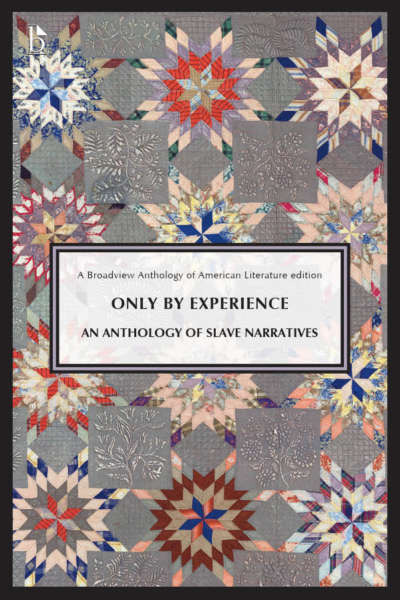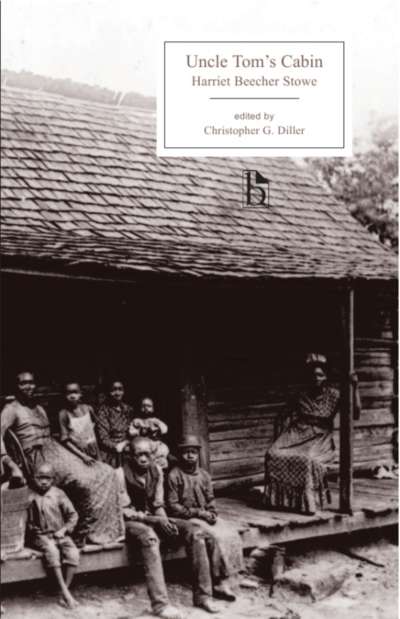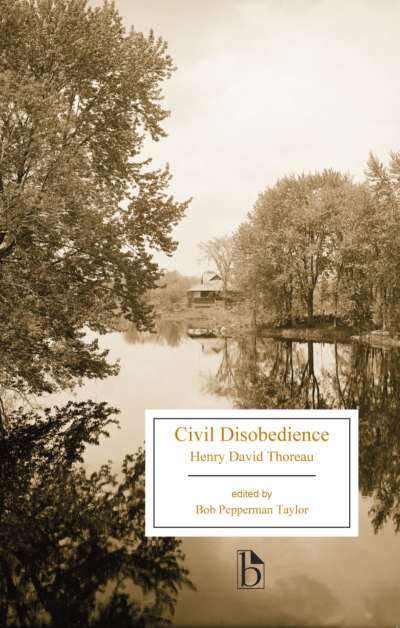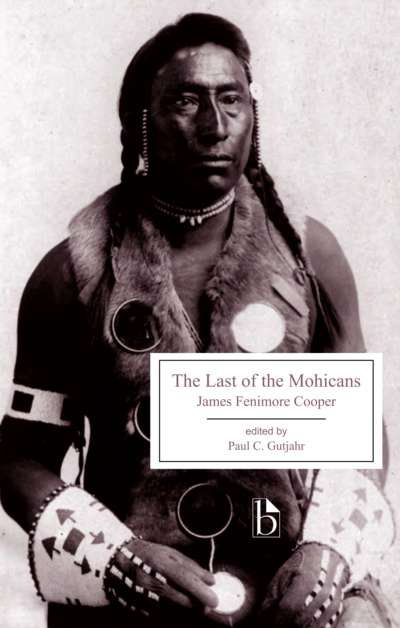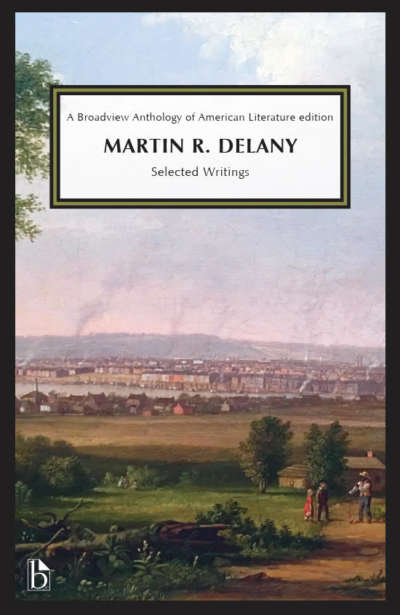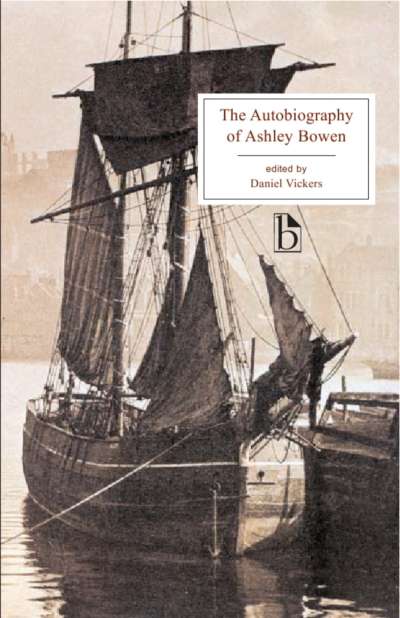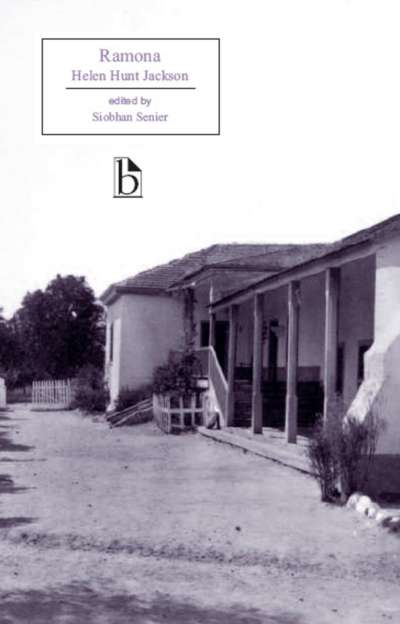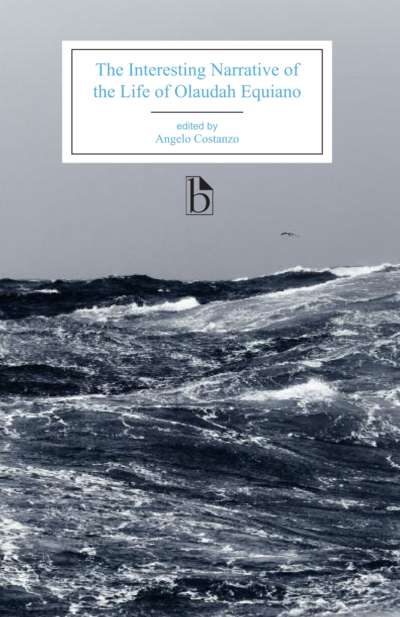
Published in the bicentenary year of Frederick Douglass’s birth and in a Black Lives Matter era, this edition of Narrative of the Life of Frederick Douglass presents new research into his life as an activist and an author. A revolutionary reformer who traveled in Scotland, Ireland, England, and Wales as well as the US, Douglass published many foreign-language editions of his Narrative. While there have been many Douglasses over the decades and even centuries, the Frederick Douglass we need now is no iconic, mythic, or legendary self-made man but a fallible, mortal, and human individual: a husband, father, brother, and son. His rallying cry inspires today’s activism: “Agitate! Agitate! Agitate!”
Recognizing that Douglass was bought and sold on the northern abolitionist podium no less than on the southern auction block, this edition introduces readers to Douglass’s multiple declarations of independence. The Narrative appears alongside his private correspondence as well as the early speeches and writings in which he did justice to the “grim horrors of slavery.” This volume also traces Douglass’s activism and authorship in the context of the reformist work of his wife, Anna Murray, and of his daughters and sons.
Comments
“The 2018 Broadview edition of Douglass’s Narrative could not be timelier. Its relevance bears equally and urgently on our own fraught lives and time. Celeste-Marie Bernier has given us a view into the life of the Narrative and its author that is so full and intimate as to make this edition definitive by any standard. In words and images, Bernier’s Douglass—autobiographer, orator, bookseller, family man, fugitive—cuts a bold black figure. No ex-slave or abolitionist ever damned slavery so surely self-possessed.” — Maurice Wallace, University of Virginia
“An outstanding edition from one of the world’s great Douglass scholars. Bernier provides a comprehensive biographical, historical, and literary introduction, numerous illustrations, and a wealth of primary materials that allow readers to develop fresh and exciting political, familial, and trans-Atlantic perspectives on Douglass’s most widely read autobiography.” — Robert S. Levine, Distinguished University Professor, University of Maryland, and author of The Lives of Frederick Douglass
“Bernier’s edition of Frederick Douglass’s Narrative will immediately establish its place as the most original and timely version of the great black abolitionist’s bestselling text. Without romanticizing Douglass, Bernier uncovers his skills as a self-reflective writer and experimental autobiographer and contextualizes his work within survivor narratives written by slaves and former slaves throughout the Atlantic world. Bernier’s edition of the Narrative is the text for twenty-first-century readers. It reminds us that black lives mattered in Douglass’s day—just as they do today.” — John David Smith, University of North Carolina at Charlotte

